Online Safety
The information on this page is from https://parentsafe.lgfl.net/#h.u4j0adtwsisb. Please click this link to view all content associated with online safety.
It's never easy to know how to keep our children safe when they aren't with us, and sometimes even when are, if we don't know what's happening in their lives or on their devices! Who are they talking to, what are they doing, are they okay? Don't despair though...scroll through this page for help or click a button to go straight to a particular topic.
Top Topics for Parents
We think all parents (not just of girls) may want to consider the message of this video. What might your children want to tell you but not know how? More Childnet for parents here.
Campaign from the Internet Watch Foundation raising awareness of how 11-13 year old girls are most at risk of being tricked or forced into taking nude images in their own bedrooms. Parent site & Girls site
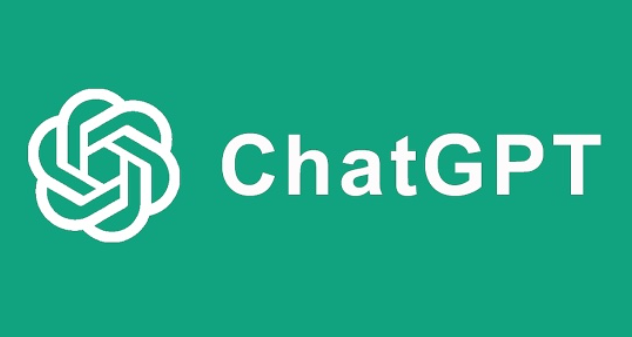
'AI Initiative' - Understanding the Impact of AI on Our Kids from Common Sense Media explores the key AI tools and implications
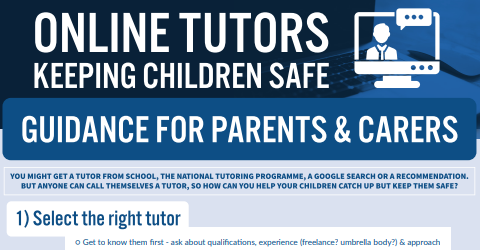
The lack of checks on tutors and serious cases in the news remind us that you should follow this guidance to stay safe when hiring a tutor.
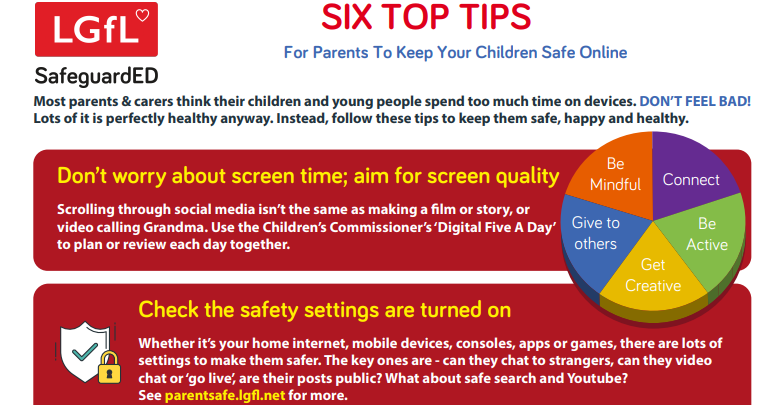
Why not think use this simple top tips poster to think about easy ways to keep your children safe online.
Safe Settings, Controls & Monitoring
Apple, Android and Microsoft have tools to help you control what younger children can use and how long for. Click the images below for details. Once they are older and have your trust, the same tools can help avoid arguments and help them learn to self-regulate (how long have they really been on Instagram today? Have they put down the phone at all in the last week?).
Apple Screen Time
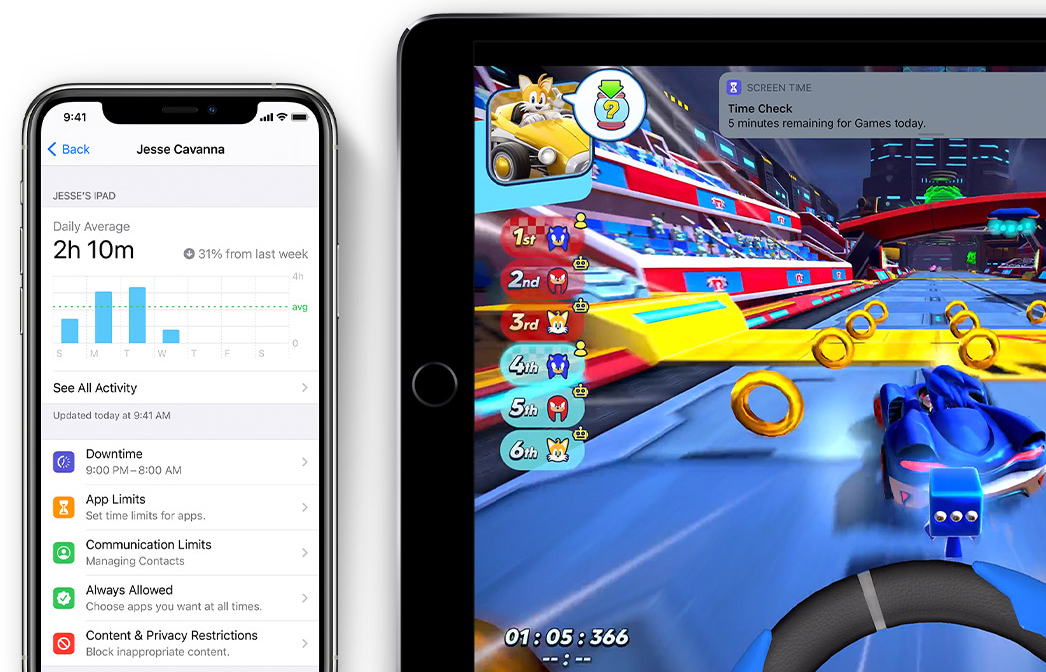
Great for both parental controls and teen self-regulation
Google Family Link
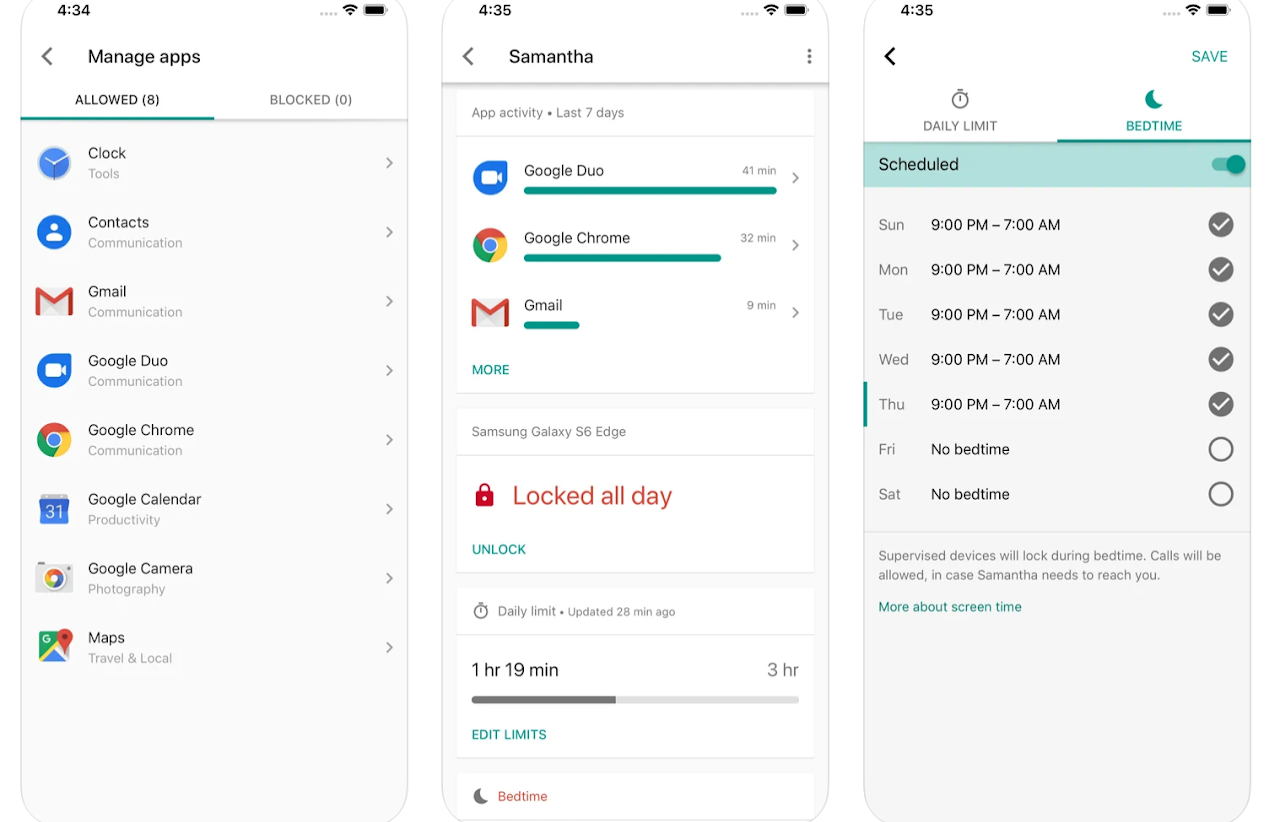
Digital Wellbeing is the next step for the older ones after Family Link
Microsoft Family Safety
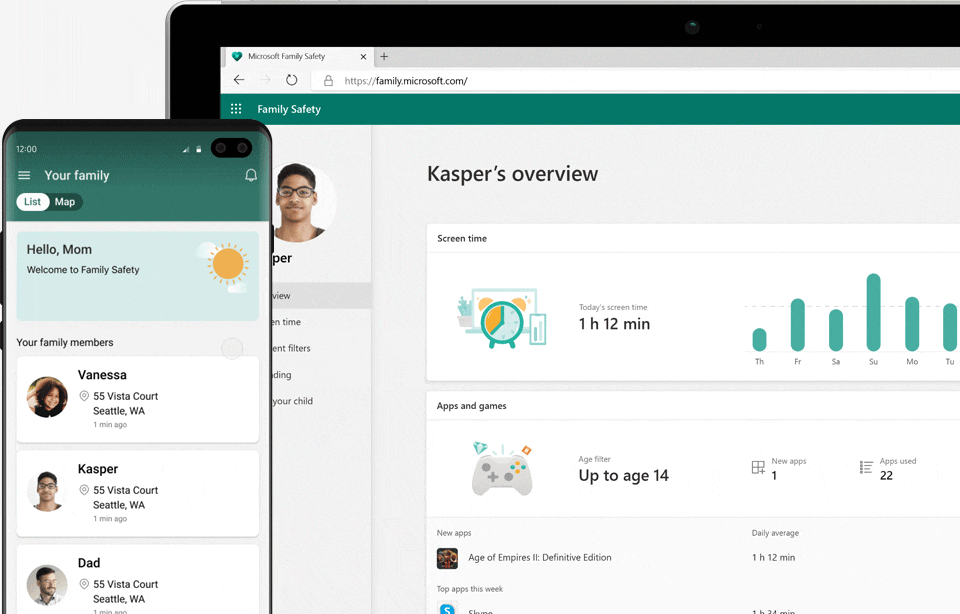
There are no self-regulation features for older teens, but Family Safety is great for the younger ones.
What about the rest?
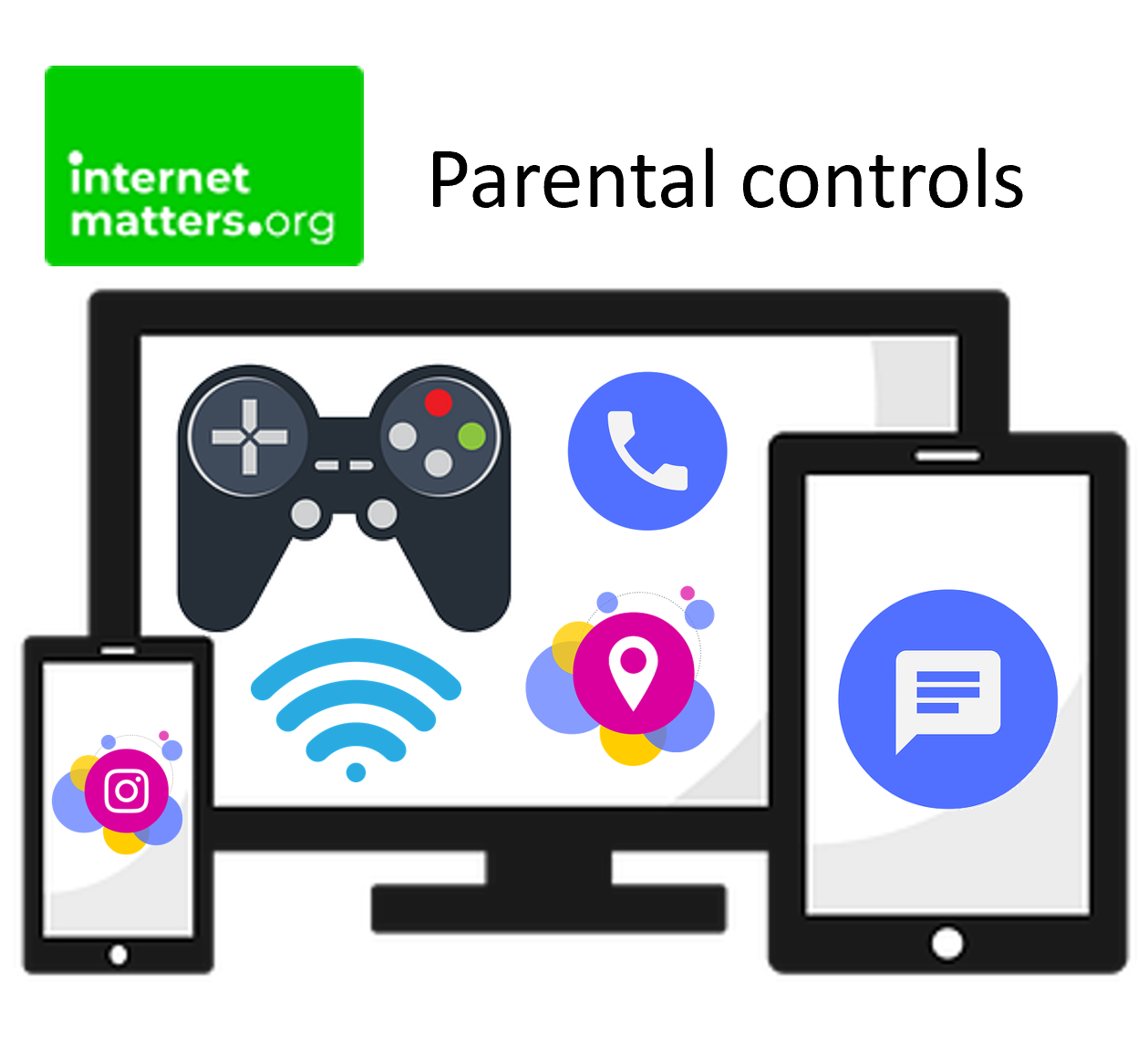
Internet Matters is an amazing one-stop shop for easy-to-understand, step-by-step parent guides to the parental controls on an array of?
Family options for YouTube

From YouTube Kids for the youngest children, to the supervised options for pre-teens, explore the options here.
Monitoring
There are some monitoring tools, which send parents text and pictures their children and young people send or receive, but here are two less intrusive ones which offer support to the young person or only tell parents about general risk levels, trends and worrying changes.
BBC Own It app
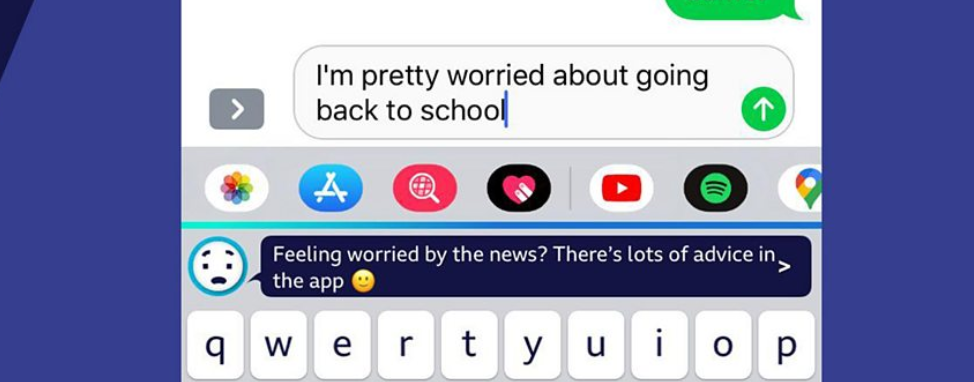
No alerts to parents but instant support to the young person if they send or receive something worrying
Safe To Net app
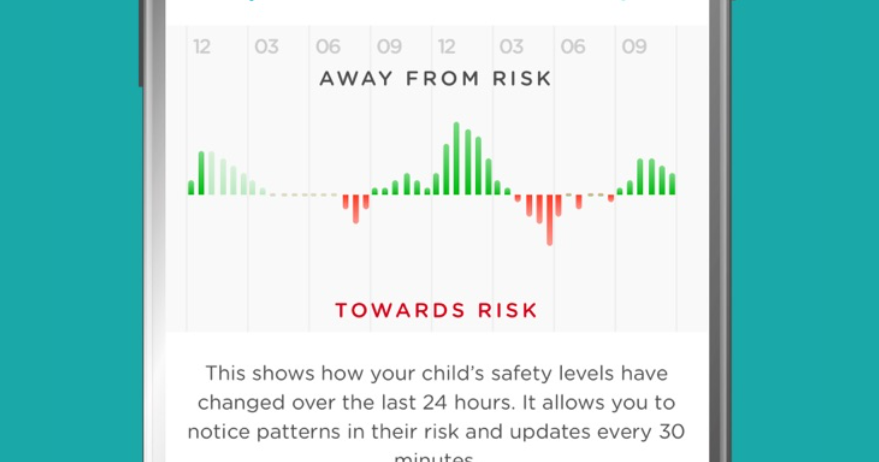
This app works in the same way and also sends a general risk score to parents so they know when a conversation is needed (but it is not intrusive so no screenshots or text)
What's That App?
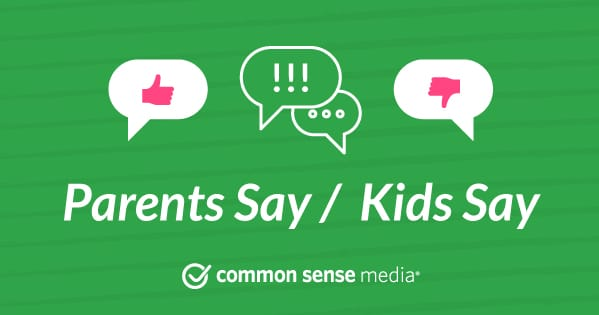
What even is Fortnite (or Roblox...or Minecraft...)?
-
The best way to find out is to get your child to show you how any app or game works, what happens and if it's appropriate. It could be quick, or you might even find you enjoy playing or watching together!
-
Common Sense Media has thousands of expert reviews of apps, games and even films and what parents and children think about them. Take a look ...and this year, look at their review of the main generative-AI tools too.
Talking to Children about Life Online
It can be hard to talk to children and especially teens about their online lives, but it's so important. This is why:
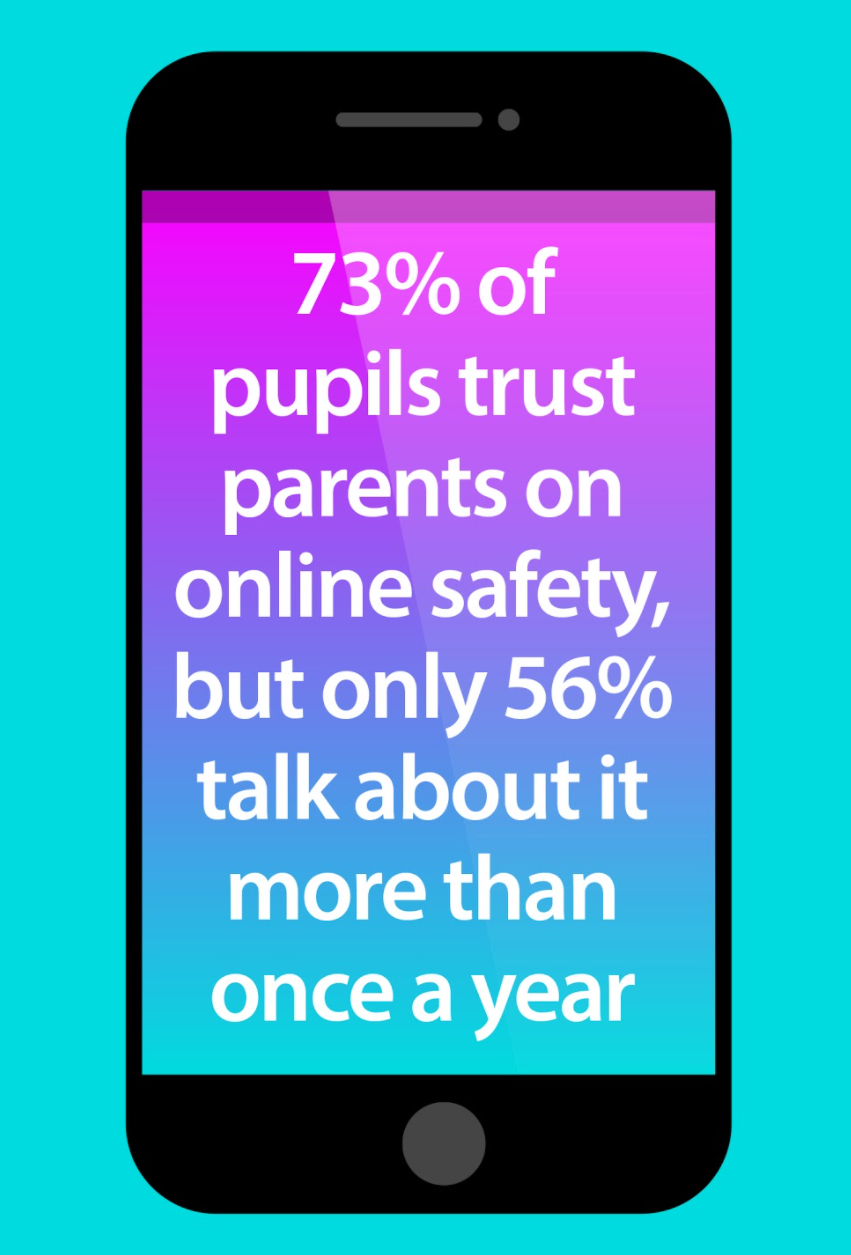
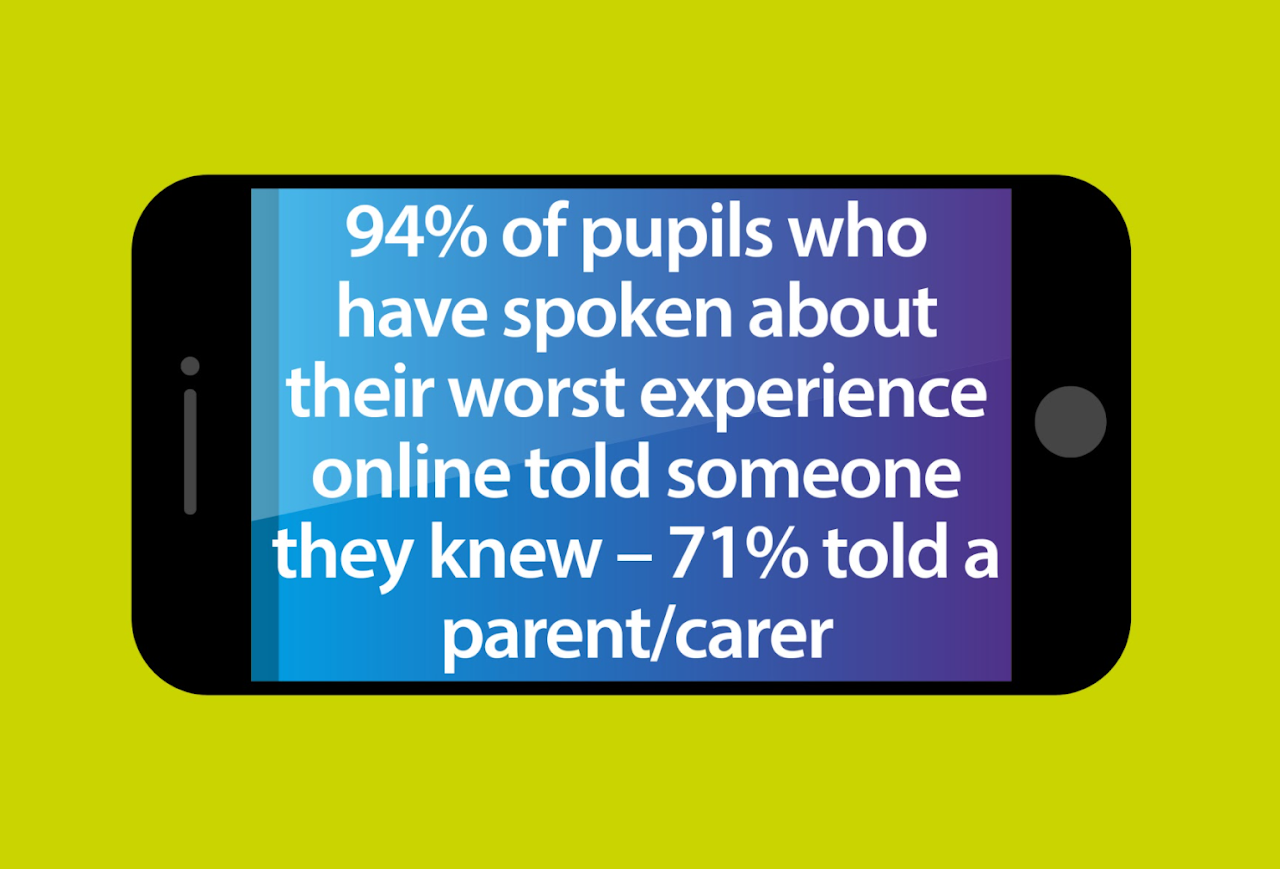
So what can you do? We recommend a family agreement (example below) to make clear what is allowed...or not, how much time you can spend on devices, and ground rules like no phones at the table or in the bedroom at night-time. Watch the video with Will Ferrell to see why parents need to take part too! Shared expectations will reduce arguments and keep everyone safe & healthy.
You may find the Internet Matters parent-child quiz iPad app useful for its quiz that is fun and full of conversation starters.
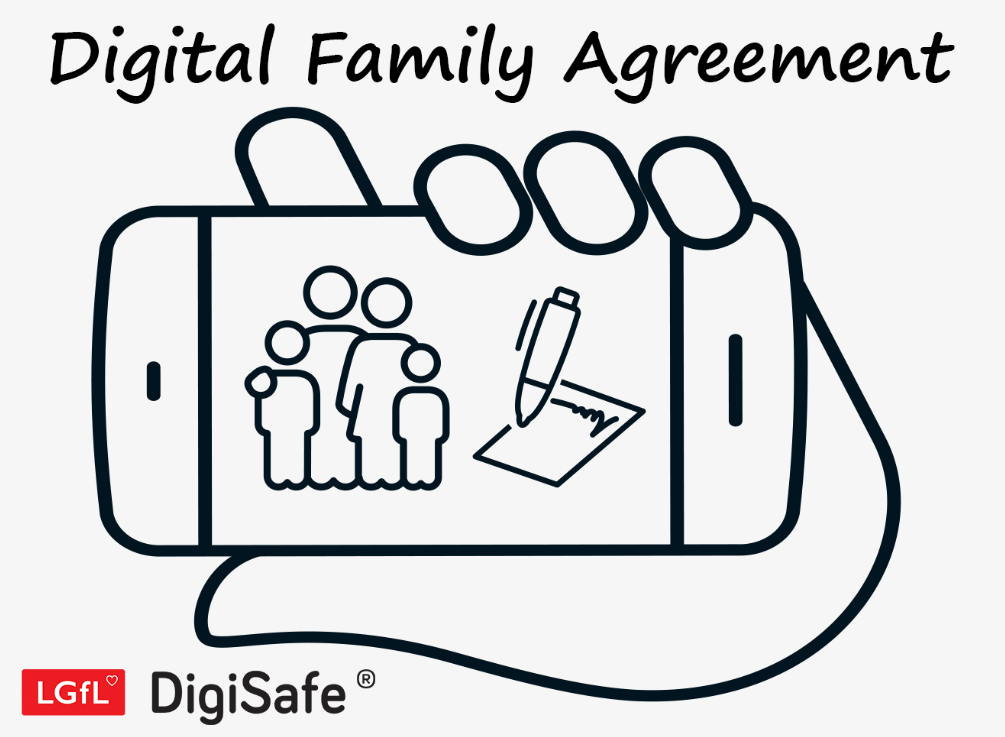
Family agreement - whether for primary pupils' first steps or for teen power users.
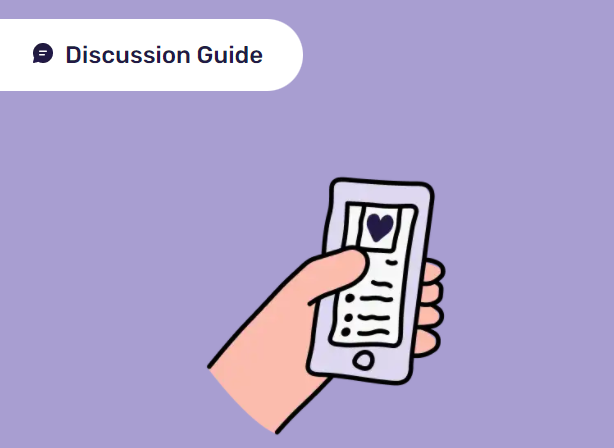
Thorn have 18 topic-based discussion guides with questions to help start conversations!
Can you watch this short Will Ferrell clip without laughing...or seeing yourself in it? You can visit this site to view the video and many other videos.
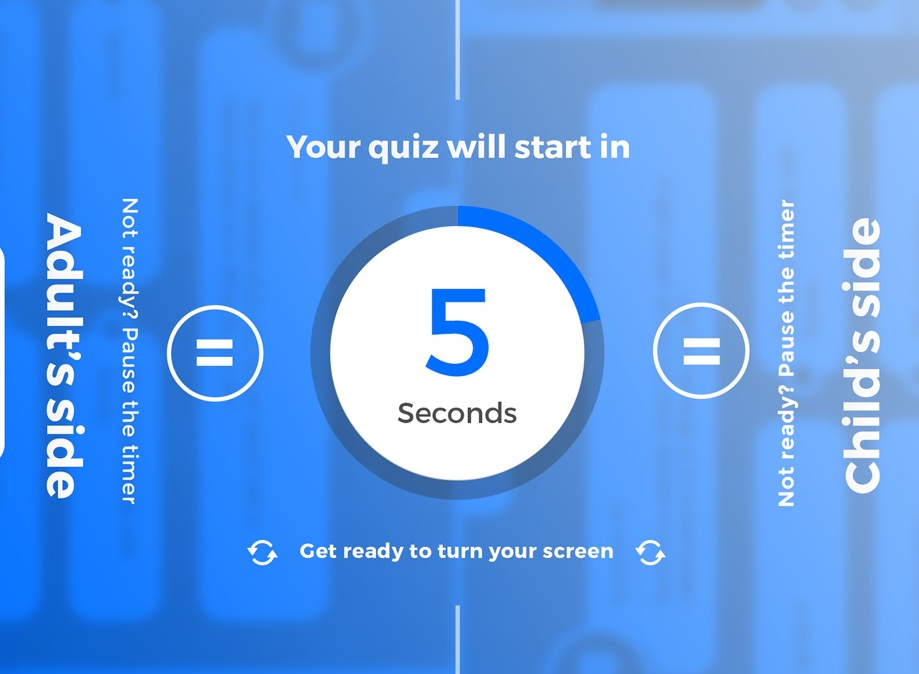
If you have an iPad, this quiz app is great for starting conversations.
Screentime
Lots of parents worry about it, but we don't think you should worry about screentime - it's not how long they are online but what and when they are doing that counts (and the same goes for grown-ups, like in the Will Ferrell video above). You can use the control settings near the top of this page to regulate screen time in general and on specific apps, but beyond that we recommend you follow the Children's Commissioner's 'Digital 5 A Day' and help your children to aim for each of the targets in this pie chart ⤵
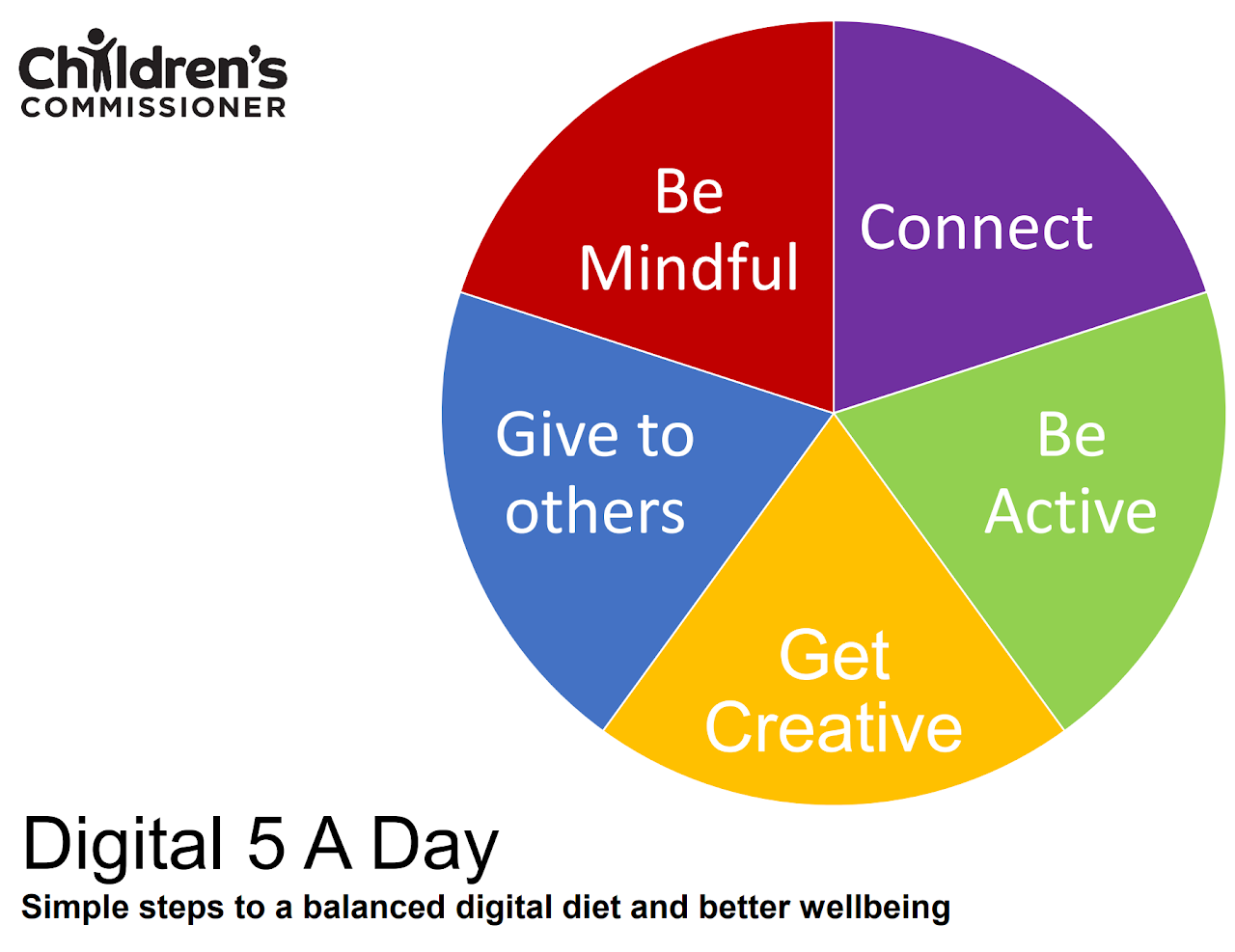
The UK Chief Medical Officers agree - check out their version of what counts.
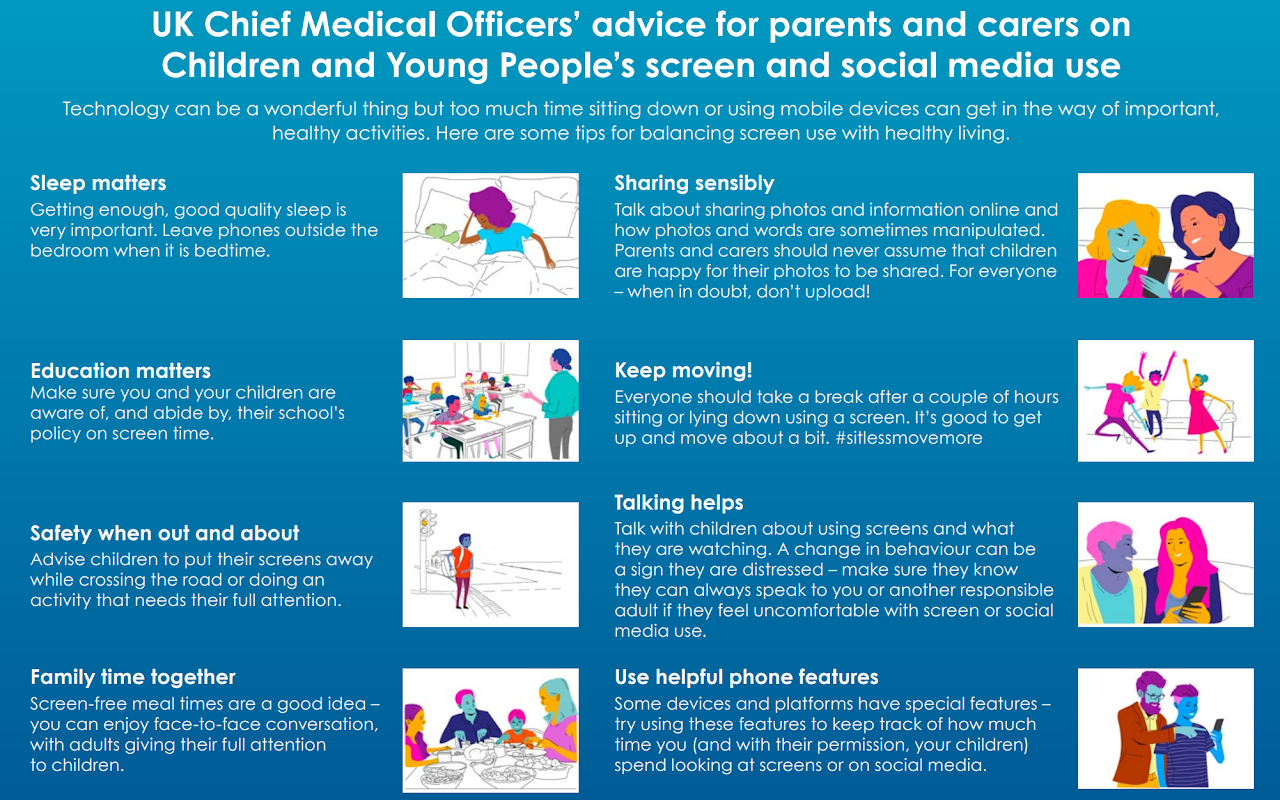
Top Topics (porn, bullying, extremism, fake news...)
We have selected our top two or three resources to help parents on six key themes, which we think are important to all families. Take a look and see what you think - even if you think it may not apply to you.
Body Safe
Nude Selfies
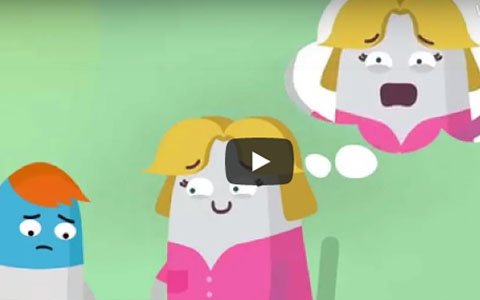
Click this link here for helpful video overviews for parents & carers on this difficult topic.
Report Remove Tool
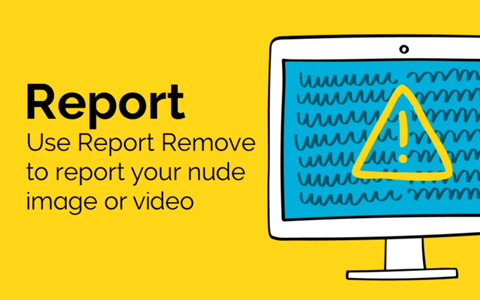
A tool for young people to report nude images online for removal
Selfies - the Naked Truth

CEOP guidance for teens all around sharing nudes or receiving unwanted sexual content
Gurls Out Loud
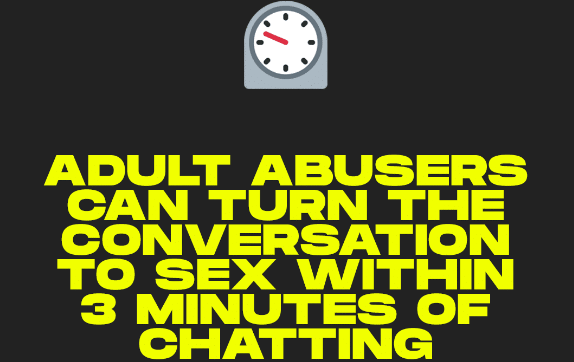
Great to share with daughters - check out the stats and ideas in Gurls Out Loud yourself first.
Accessing Pornography
Online Pornography Facts & Advice
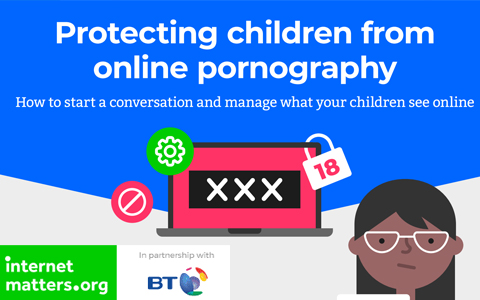
Guidance and advice for parents about online pornography
Talking about Pornography
Click the link in the title to see tips and advice to approach the conversation with your child
Addressing Online Pornography
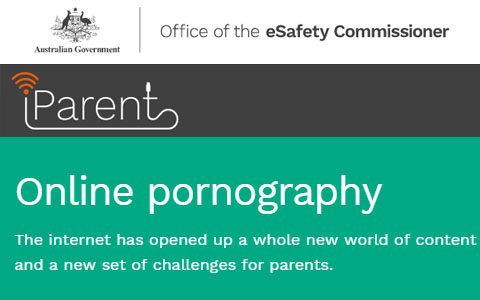
Guidance on protecting children from online pornography
Bullying
#Bedtime Stories
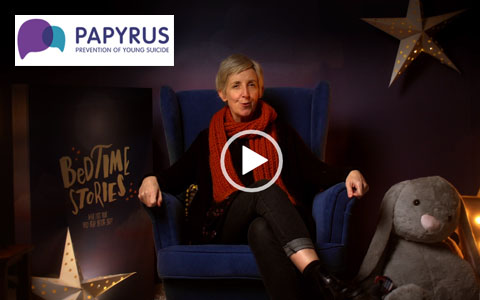
Click the title for videos and advice to raise awareness of online bullying.
What's Up on WhatsApp?
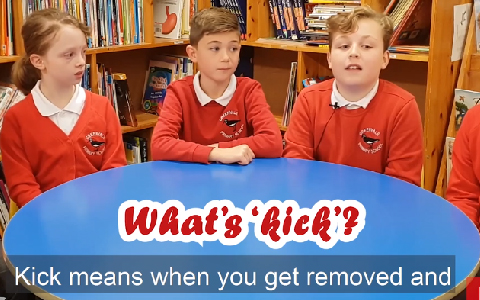
Find out about the realities of group chats and exclusion bullying#
Report Cyberbullying / Online abuse
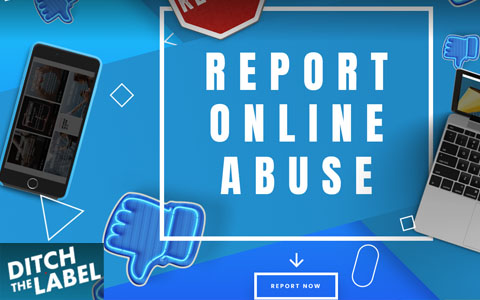
Report abusive content on any public platform to be removed
Young Minds mental health guide
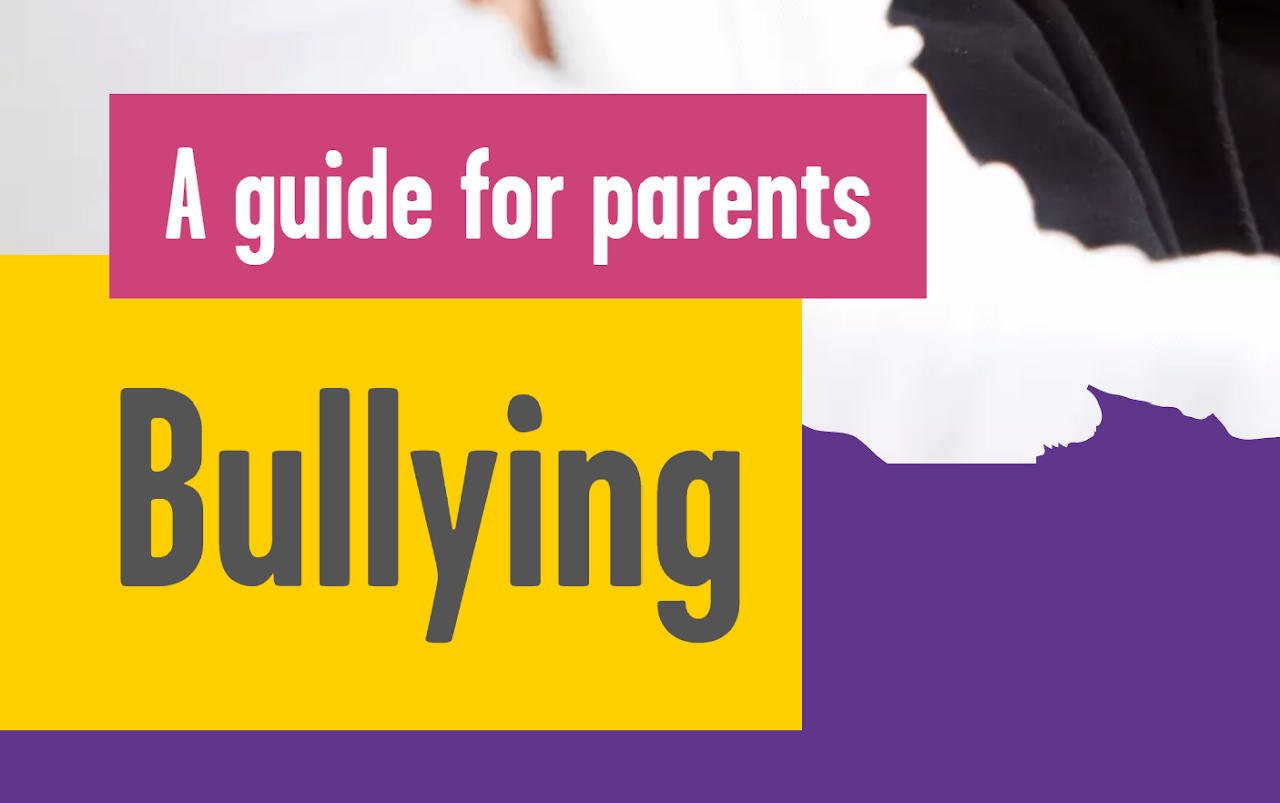
Mental health charity Young Minds know lots about bullying. This is their guide for parents
BBC Bitesize Parents' Toolkit
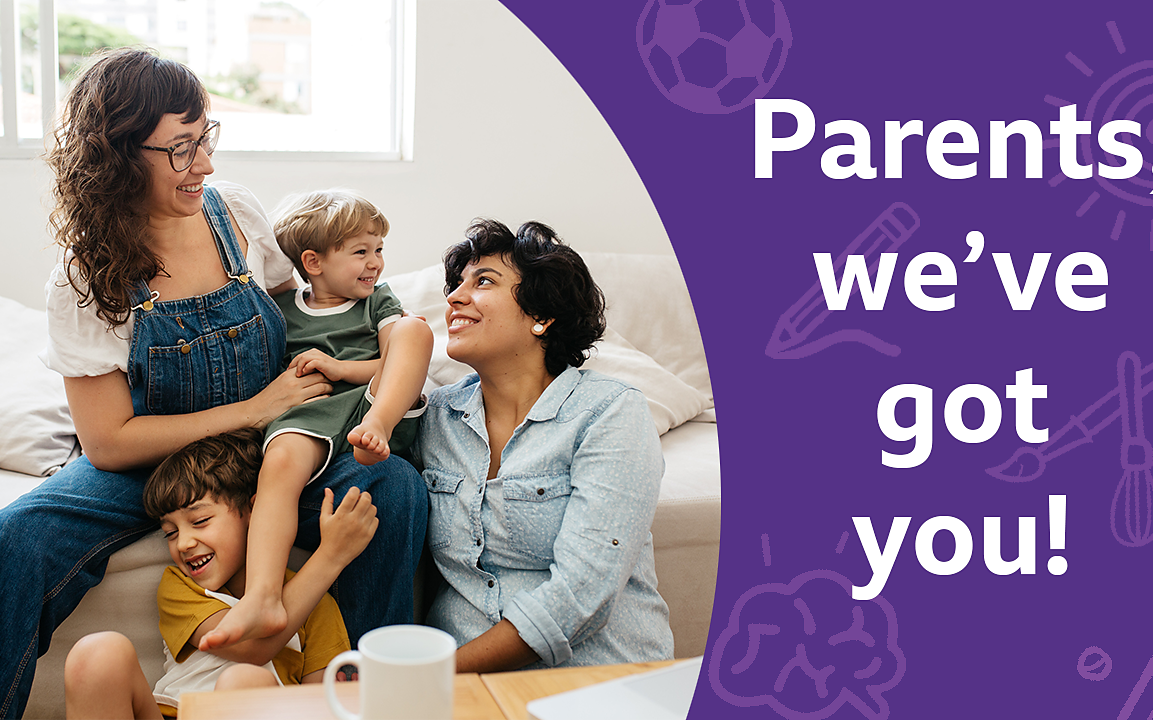
How can parents deal with bullying? A series of support articles from the BBC.
Extremism and Radicalisation
Act Early - Worried about Someone at Risk?
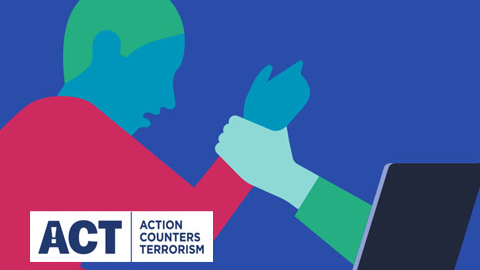
Advice if you're worried someone is being exploited by extremist views
Talking to children about upsetting things they may see online
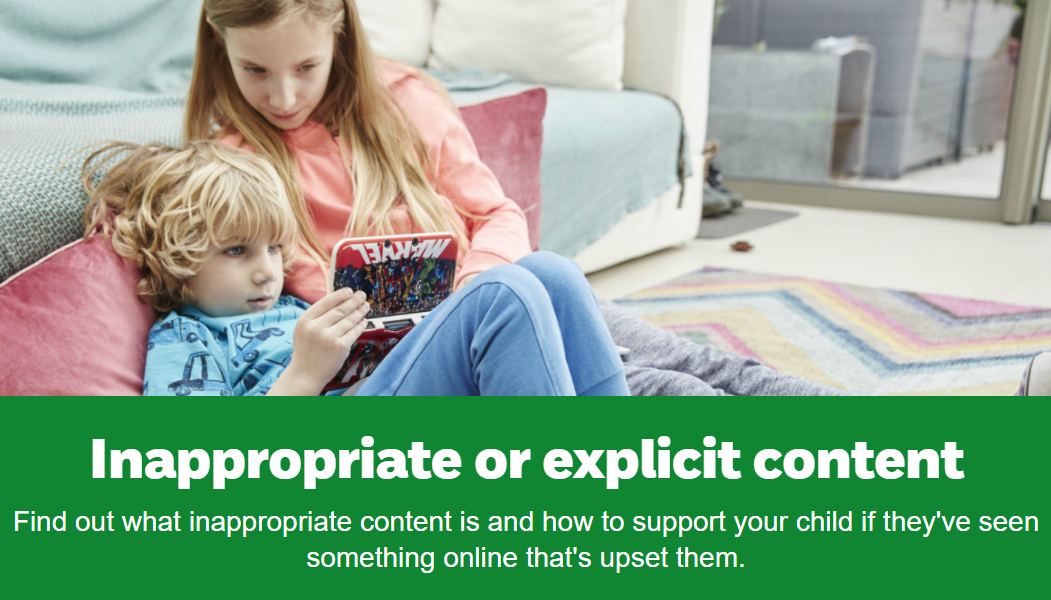
Effective ways for parents to address any fears children may have
Educate Against Hate Parent Hub
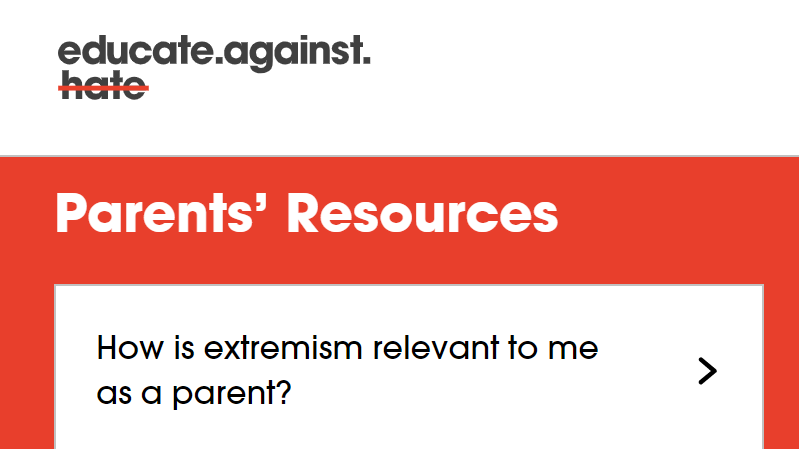
Guidance for parents by topic and FAQs on radicalisation and extremism for parents
Gangs & County Lines
LGFL met criminologist and urban youth specialist Craig Pinkney from University College Birmingham to talk about serious youth violence, from knife-crime to gangs. Click the link here to watch the videos on LGFL's website, and you can also download the Advice to Parents and Carers leaflet for more information.
Fake News & Hoaxes
Guidance for Parents on Spotting Fake News

How to spot fake news and show children to be media savvy
Fake News Discussion Starters for Parents
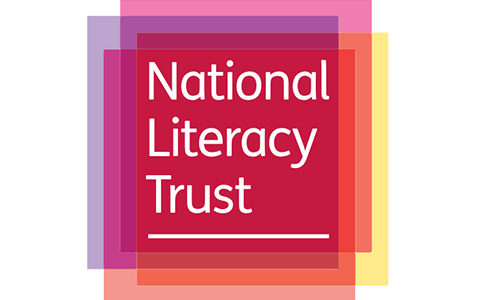
Top tips for talking to your child about the news
Full Fact Toolkit - Tools to Identify False Information

Top tips for checking the validity of news and information
Sex & Relationships
This is obviously a massive topic, but to help parents talk to children about the issues, check out the new #AskTheAwkward campaign from NCA-CEOP, with videos and tips on how to have 'that' kind of conversation.
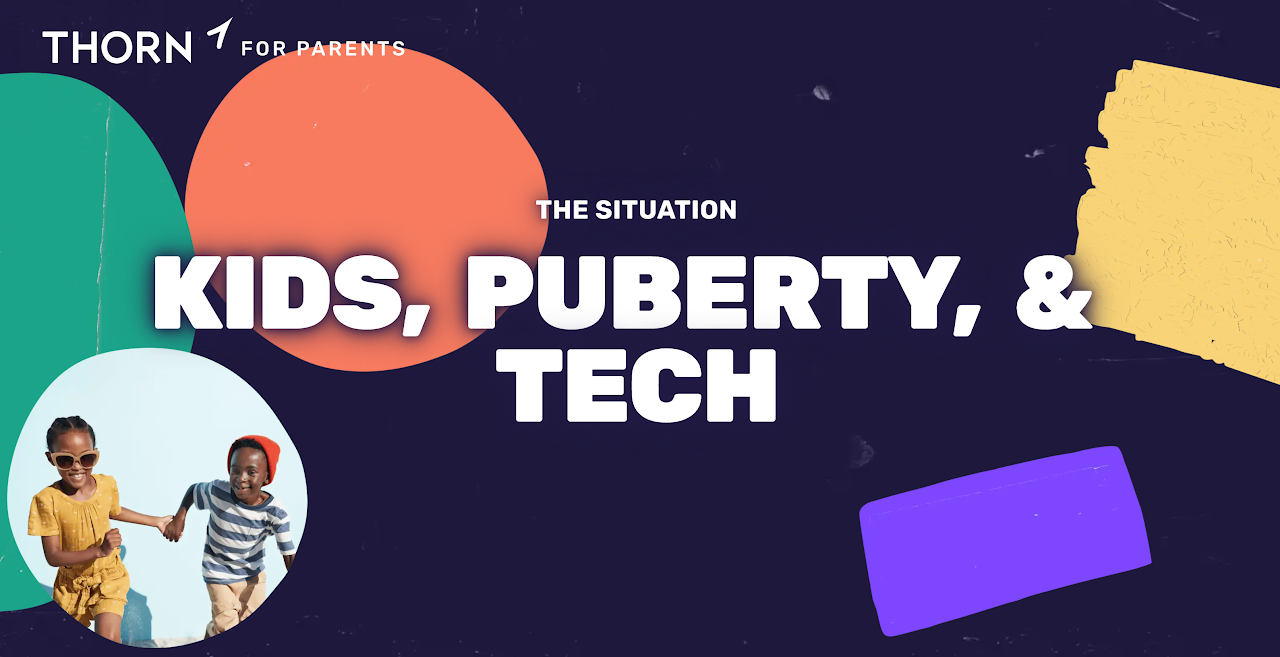
From Thorn, this guidance on puberty and tech (for different age ranges from 4-6 to 13+ and beyond) is well worth a read
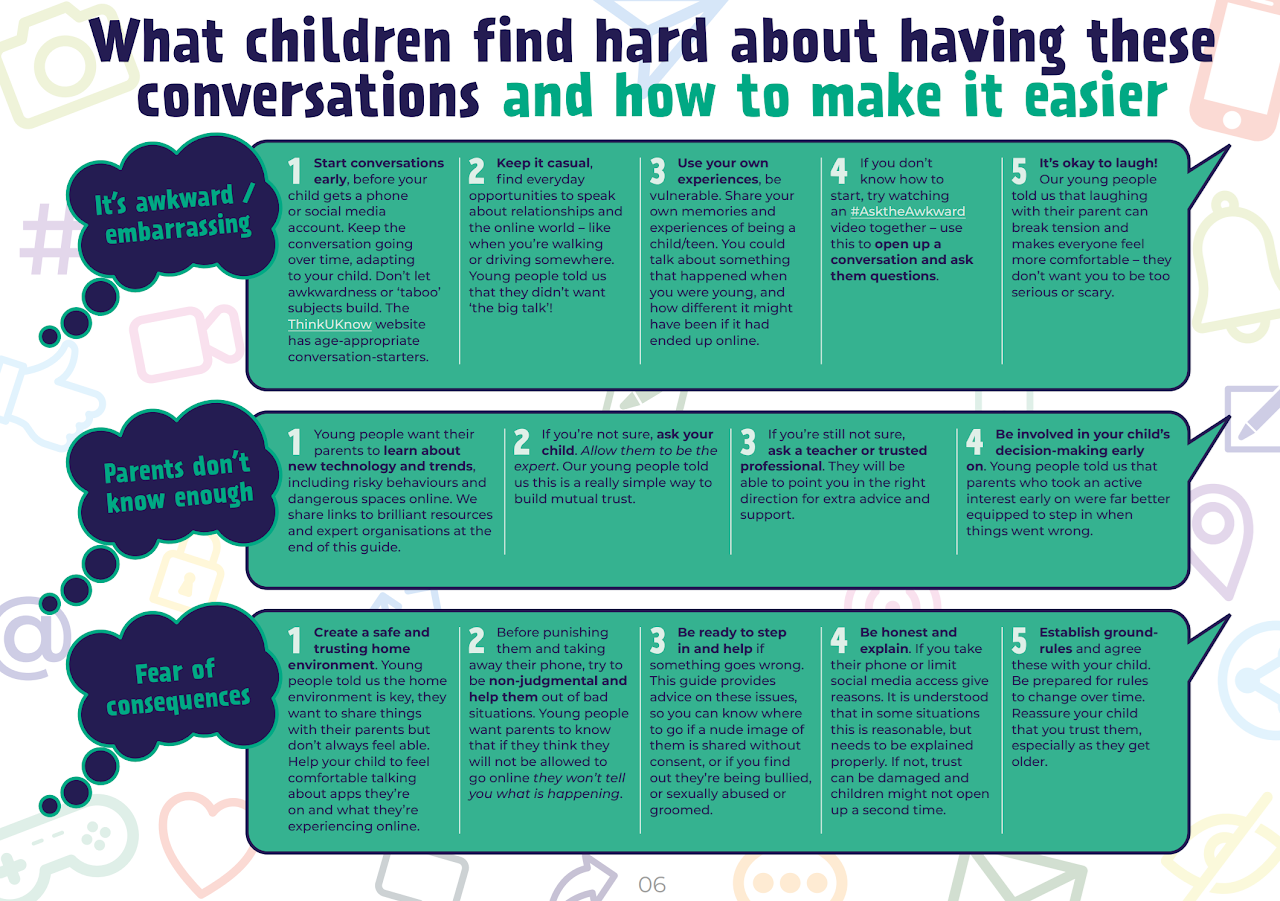
Or use these Children's Commissioner info sheets and top tips for having awkard conversations with children
Help & Reporting
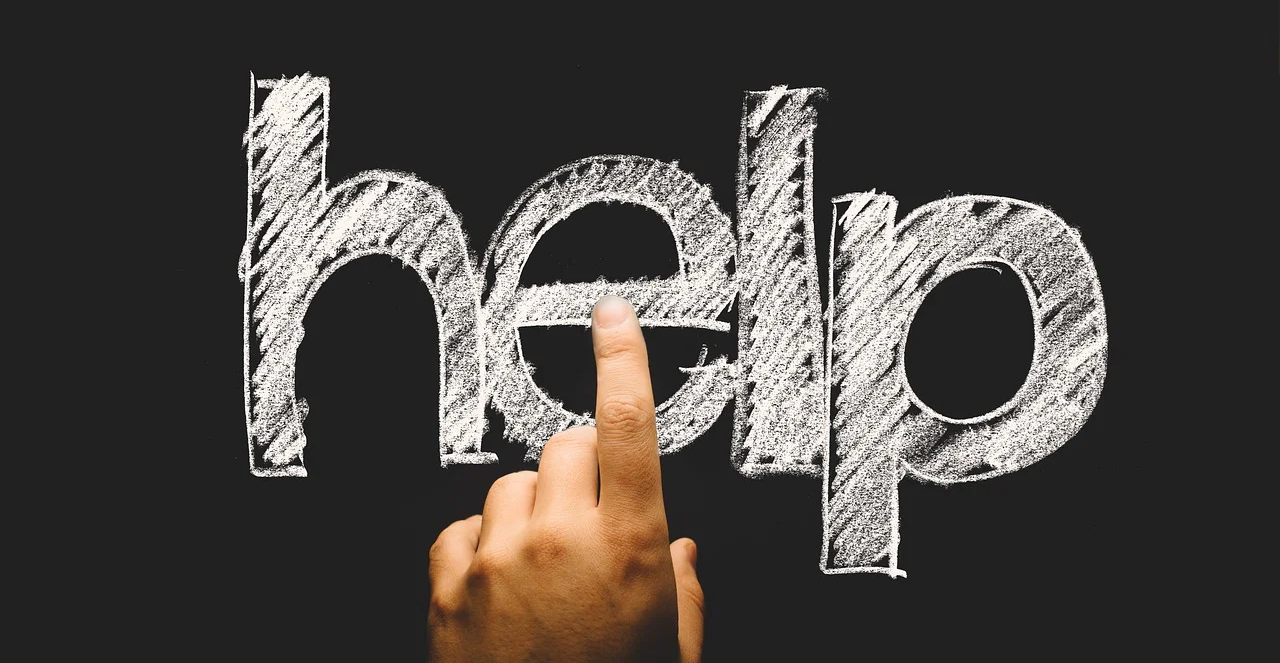
You can always speak to your child's school for advice, but there are many other places to go for help.
If you are worried about any child, call the NSPCC helpline. In an emergency, call 999.
But there are plenty of specialist helplines. Visit reporting.lgfl.net to find out how to remove content from social media and where to report bullying, racial hatred, terrorism, sexual abuse and more.
There are also links for children and young people to get help directly, such as Childline or The Mix (for 13-25s).
You should check out these amazing organisations which support parents and are bound to have something useful for you.
...for their newsletter and approach
...for their app, game & film guides
...for guidance and resources
...for parental control guides
...for their passion and expertise





